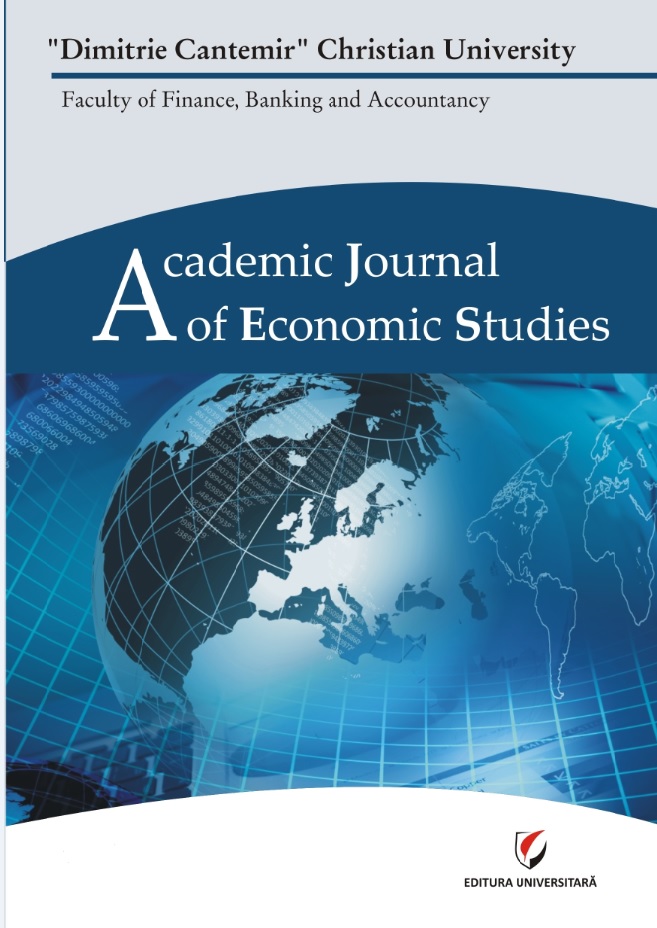Impact of International Liquidity on Foreign Exchange Rate in Nigeria: A Comparative Crosscheck
Impact of International Liquidity on Foreign Exchange Rate in Nigeria: A Comparative Crosscheck
Author(s): Abdurrauf BabalolaSubject(s): Financial Markets, Socio-Economic Research
Published by: Editura Universitară & ADI Publication
Keywords: International reserves; external reserves; exchange rate; export and import
Summary/Abstract: This paper investigated the impact of international liquidity on exchange rates in Nigeria. Monthly data was sourced from the CBN statistical bulletin of 2017 series from 1981M1 to 2017M12. Exchange rate was made the regressand and then international liquidity, price level, export and import, the explanatory variables. ARDL and ECM were employed to analyse our data. Findings showed that, in both the short and long run, international reserves and export revealed a positive impact on exchange rate, while price level as well as import revealed a negative impact. However, only price level was not significant. Furthermore, the scaled result indicated that export has the most comparative impact on exchange rate. This was followed by import and then international reserves. The study suggests that, international reserves has a major impact and use of stabilizing the exchange rate and so there is need for the reserves to be either maintained or improved if the economy wants to maintain a managed floating exchange rate system. The government could reduce inflation rate in other to improve exchange rate and then increase export. Import substitute goods could be environmentally improved to reduce the quest for imported goods.
Journal: Academic Journal of Economic Studies
- Issue Year: 5/2019
- Issue No: 3
- Page Range: 105-111
- Page Count: 7
- Language: English

